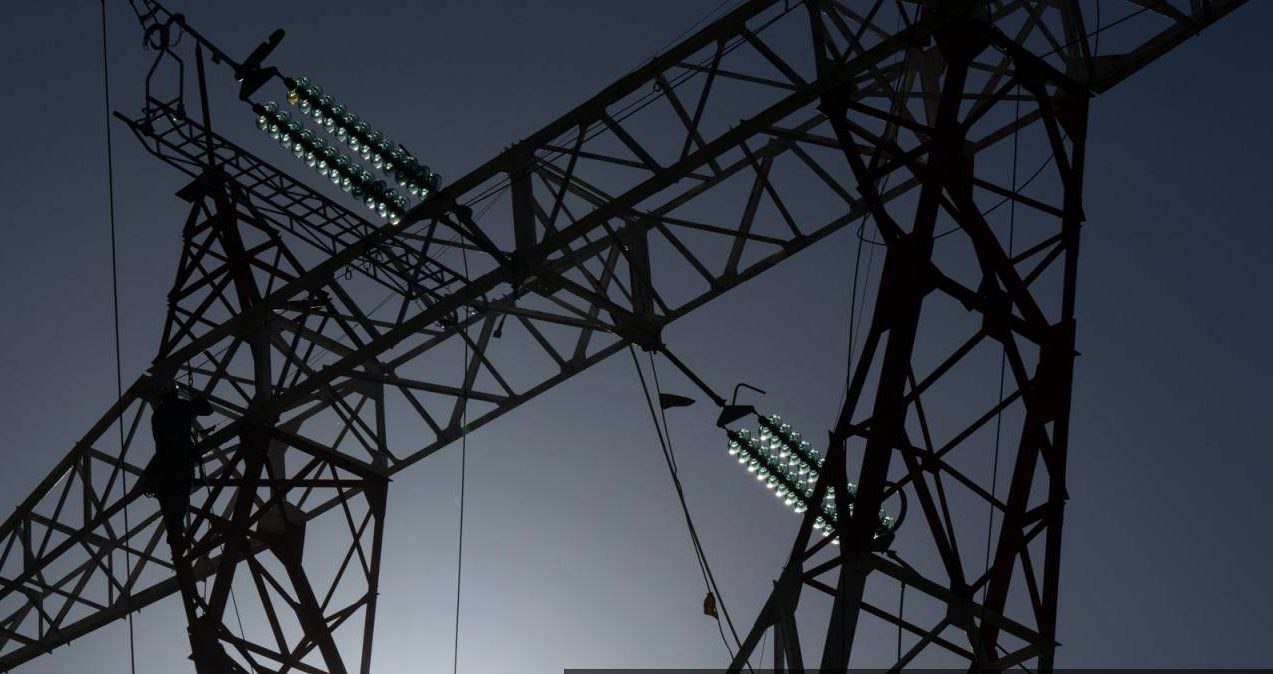
FG Moves 40% Shares In DisCos To Finance Ministry
Security challenges springing across West African countries may frustrate the projected completion of the West African Power Pool (WAPP), especially the 330 kV North Core Project.
The project, which transverse Benin, Burkina Faso, Niger, Nigeria and Togo may not be completed as initially planned, WAPP said in Abuja yesterday.
WAPP Secretary General, Siengui Apollinaire, noted that the priority projects of the Economic Community of West African States Master Plan for the Development of Regional Power Generation and Transmission Infrastructure would now be completed in 2026.
Apollinaire said the over $700 million project would enable electricity export from Nigeria into most landlocked West African countries.
He noted that while significant progress has been made in the project’s implementation, much remains to be accomplished, adding that there was a need for a decisive step in realising the project.
He called for the mobilisation of all stakeholders to focus on security challenges in the project area.
“Persistent issues related to insecurity pose a real threat to achieving the project’s objectives. Construction work cannot progress without overcoming these security challenges. The commitment of the concerned states in the field of security is therefore essential for the project’s success,” Apollinaire said.
Although he noted that progress has also been made concerning the establishment and operationalisation of National Security Coordination Committees, the secretary said results were yet to be seen in Nigeria and Benin Republic.
WAPP Executive Chairman, who is the Managing Director of Transmission Company of Nigeria (TCN), Sule Ahmed Abdulaziz, said the project comprises the construction of 880 km of 330 kV and 33 km of 225 kV high voltage transmission lines.
“Beyond the transmission lines, the project sets out to construct or extend five substations and deploy cutting-edge technologies like SCADA systems and fiber optic cables along the lines. This project isn’t merely about transmitting electricity; it’s about creating a dynamic, interconnected network that will redefine our energy landscape,” he said.
Abdulaziz, represented by one of his managers at TCN, Aminu Tahir, said the project would catalyse efficient energy trade, encourage commercial exchange agreements and bring electricity access to communities along the transmission line.
Meanwhile, about three days after sacking the Managing Director of Bureau of Public Enterprise (BPE), the Federal Government yesterday moved its 40 per cent stake in the 11 electricity Distribution Companies (DisCos) operating in the country from the BPE to the Ministry of Finance Incorporated (MOFI).
Coming 10 years after the power sector was privatised, the decision follows a decade of financial crisis and gross failure of the electricity distribution companies in the country.
A document dated January 10, 2024 and authorised by the Minister of Finance, Wale Edun, directed MOFI to take ownership of the shares.
The government infrastructure company is expected to manage all the equity holding of the Federal Government in the distribution companies.
While most stakeholders are expressing optimism over the development, the prevailing crisis in the power sector, especially the financial crisis, was as a result of the failure of the revenue collection segment of the sector.
This failure happens under the nose of many government officials, who by virtue of the 40 per cent shares, are directors at the various distribution companies.
Last year, BPE had disclosed plans to sell the remaining 40 per cent shares of the Federal Government in the DisCos and four other assets in 2024.






